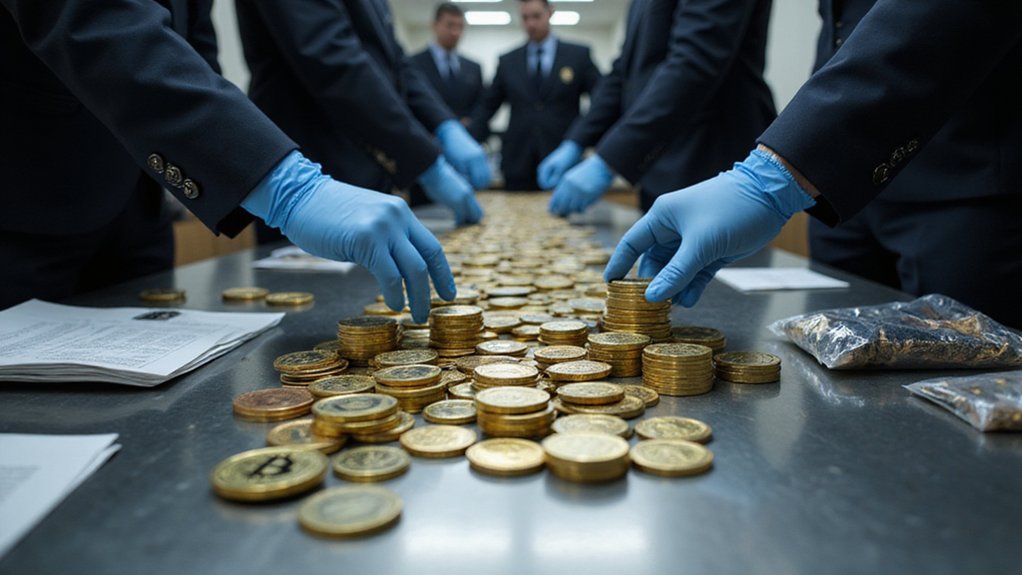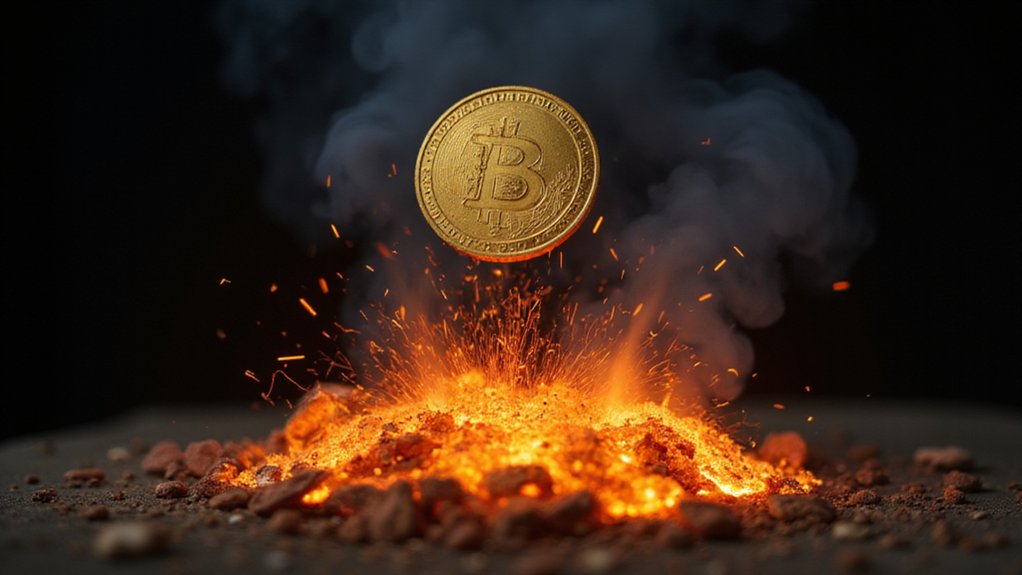Russia’s Energy Ministry has launched an ambitious registry to catalog every crypto mining rig across the nation, marking the latest chapter in the government’s ongoing struggle to wrangle an industry that has proven as difficult to control as it is profitable to pursue.
The initiative, spearheaded jointly with the Federal Tax Service and Ministry of Digital Development, represents an extensive attempt to impose order on what has become an increasingly chaotic sector draining the country’s electrical grid.
The registry demands miners register serial numbers, device models, and related equipment—a bureaucratic exercise that would make Soviet central planners proud. Individual miners receive a modest reprieve if their monthly electricity consumption stays below 6,000 kWh, though one suspects the threshold reflects less governmental magnanimity than practical enforcement limitations.
The urgency stems from rampant illegal mining operations that have transformed the crypto landscape into something resembling the Wild West, complete with electricity theft and unauthorized grid connections.
These underground miners have grown increasingly brazen, exploiting subsidized residential rates to power industrial-scale data centers—a practice that contributes to mounting power deficits across regions already struggling with energy shortages.
Deputy Energy Minister Petr Konyushenko frames the registry as a precision tool for identifying crypto-consuming electricity users, though the underlying reality suggests authorities are playing an elaborate game of electrical whack-a-mole.
The government’s frustration becomes apparent when considering that despite crypto mining’s legalization in 2024, only 30% of miners have registered with tax authorities—a compliance rate that would make any revenue service weep.
The registry’s regional focus targets Russia’s crypto mining hotspots, where cheap electricity has attracted operations that Putin himself has linked to the country’s growing power shortages. The crackdown forms part of a broader campaign to legalize and regulate the mining sector, addressing the surge in mining activity that has prompted this government action. To further deter illegal operations, authorities are drafting legislation to increase fines dramatically from the current 200,000 rubles to 2 million rubles for mining violations.
The government now finds itself attempting to balance promoting a lucrative industry while preventing it from literally consuming the infrastructure that supports it. Unlike decentralized finance platforms that operate without traditional gatekeepers, crypto mining still requires significant regulatory oversight to manage its impact on national power grids.
This enforcement mechanism represents more than regulatory housekeeping—it’s an acknowledgment that Russia’s crypto mining boom has outpaced the state’s ability to monitor, tax, and control it.
Whether the registry succeeds in bringing order to this digital gold rush remains to be seen, though the government’s determination suggests the stakes have grown too high to ignore.









